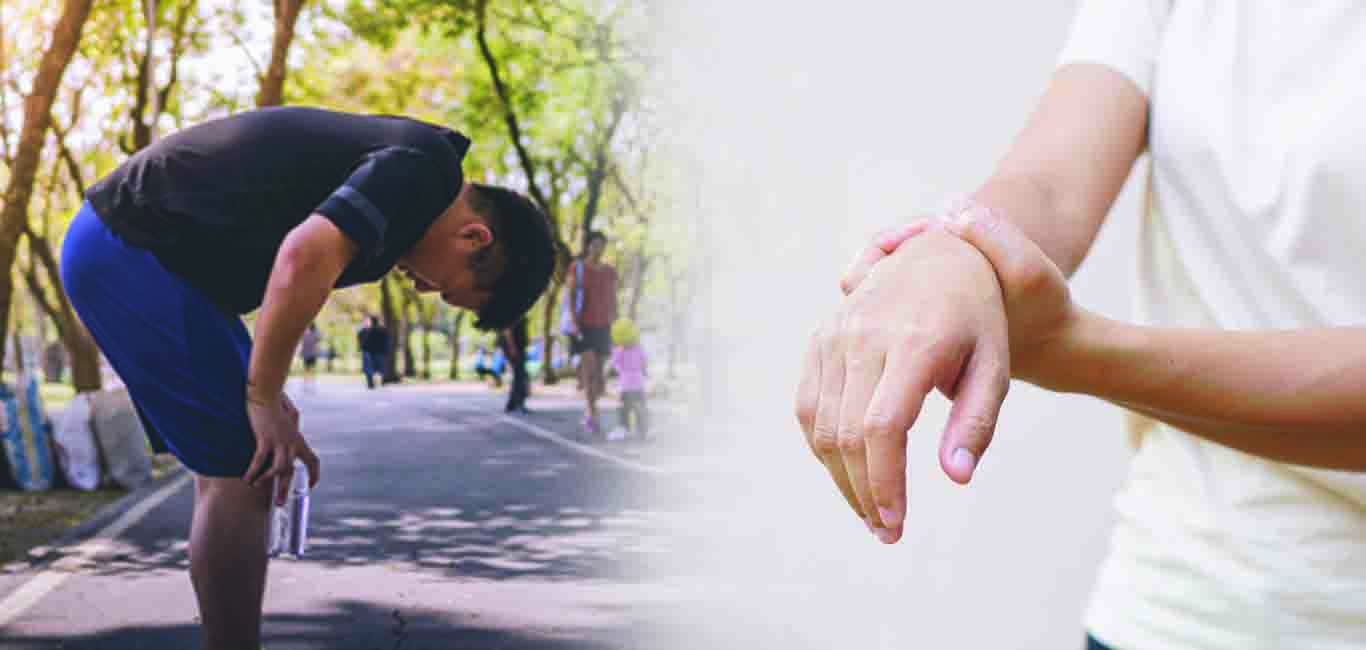
In a comparative study, researchers from Mayo Clinics across the USA found a strong association between migraine and sleep quality in women around their menopause phase.
“Given the rise of both migraine and sleep disturbances during the menopause transition, we were interested to see whether the relationship between these two entities changes as women advance through the reproductive stages,” Summer Ghaith, lead author of the study from the Mayo Clinic School of Medicine, said in a statement. The study was done comparing premenopausal (before menopause) and perimenopausal (around menopause) women.
Previous studies show that women are more prone to migraines and tend to have lower sleep quality than men. In addition, studies have also shown the link between poor sleep quality and migraine. However, the correlation of poor sleep and migraine during the menopause transition remained unclear which this study has decoded.
Poor sleep and migraines greatly affect the overall well-being of an individual. Migraines affect productivity, cause absenteeism and impair a woman’s quality of life. Both poor sleep and migraines significantly increase leading up to menopause and then show improvement.
The researchers conducted a statistical analysis on more than 2,000 women considering history of migraines and poor sleep in pre- and perimenopausal women. They used questionnaires and self-reports to assess sleep quality and migraine patterns, respectively. Around 28.7% of the participants had migraines and 71.2% had poor sleep quality patterns.
In their analysis, the researchers found a strong correlation between history of migraines in relation with poor sleep quality in premenopausal women. Whereas in perimenopausal women, the relationship between migraines and poor sleep was additionally influenced by other factors like body mass index, anxiety, depression, and severity of hot flashes.
Dr Stephanie Faubion, co-author and medical director at North American Menopause Society (NAMS), said in the statement: “Clinicians caring for women with migraine should ask about their sleep quality regardless of menopause status, although management strategies to address poor sleep in migraine sufferers may differ depending on menopause status.”
This study will be presented at the NAMS Annual Meeting in Atlanta, USA, during October 12-15. It is estimated that in the US, the economic cost of poor sleep is around 411 billion USD.
Founded in 1989, NAMS is North America’s leading nonprofit organization dedicated to promoting the health and quality of life of all women during midlife and beyond through an understanding of menopause and healthy ageing.

















